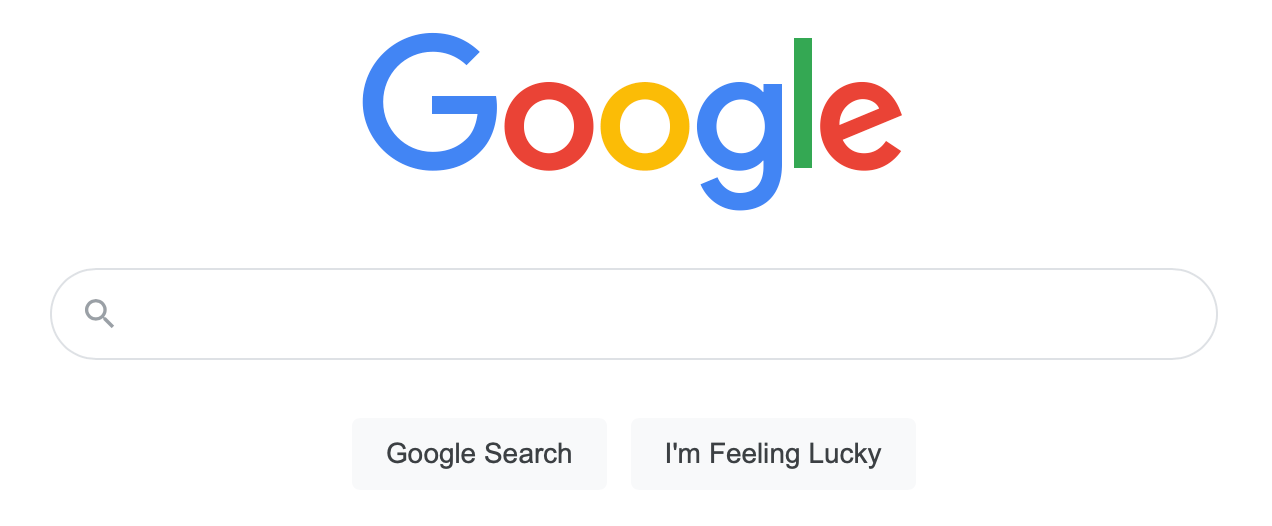The Best Private Search Engines That Don’t Track You
 Hemant SEO
Hemant SEOEvery time you use a search engine like Google or Bing, your data is being collected. These search engines keep track of what you search, what you click, and even your location. This helps them show you ads, but it also means your privacy is at risk.
In today's world, privacy is more important than ever. Many people are now switching to private search engines that don't track them. These search engines offer a safe, anonymous way to search the internet.
In this blog, we will explore the best private search engines that do not track your personal information. We'll explain why you should use them, what features to look for, and which ones are the best in 2025.

Why You Should Care About Search Privacy
Your Data Is Valuable
Big companies want your data because it helps them make money. They use your search history to show you ads or sell your information to third parties. Even innocent searches can give them details about your interests, health, and habits.
Risks of Being Tracked
You may start seeing ads for things you only searched once.
Your information might be shared with unknown companies.
In some cases, your data could be exposed in a data breach.
Governments or hackers could track your online activity.
Benefits of Private Search Engines
No tracking of your personal information.
No targeted ads based on your search history.
A safer and more private internet experience.
Peace of mind knowing your searches are anonymous.
Key Features of a Truly Private Search Engine
Not all private search engines are the same. Some may claim to be private but still collect some data. Here's what to look for in a truly private search engine:
No Tracking or Data Collection
The best private search engines do not collect or save your search history, IP address, or personal details.
Encrypted Connections (HTTPS)
They use HTTPS to keep your connection secure and safe from hackers.
Independent or Proxy-Based Results
Some search engines have their own index. Others get results from Google or Bing but hide your identity using a proxy.
Minimal or No Ads
Many private search engines avoid showing ads. If they do, the ads are not based on your personal data.
Transparency and Open Source
Some are open-source, which means anyone can see how they work. This increases trust.
Top Private Search Engines (Detailed Overview)
DuckDuckGo
Features:
No tracking, no storing of personal data.
Clean and simple user interface.
Uses results from over 400 sources including Bing, Wikipedia, and its own crawler.
Pros:
Very easy to use.
Offers browser extensions and mobile apps.
Blocks hidden trackers on websites.
Cons:
- Results may not be as detailed as Google.
Startpage
Features:
Powered by Google search results but without tracking.
Offers "Anonymous View" to open websites without leaving a trace.
Pros:
High-quality results like Google.
Excellent privacy features.
Based in the Netherlands with strong privacy laws.
Cons:
- Interface is simple but a bit outdated.
Brave Search
Features:
Made by the Brave browser team.
Uses its own index, not dependent on Google or Bing.
No tracking, no profiling.
Pros:
Fast and reliable.
Great for users who already use the Brave browser.
Independent search engine.
Cons:
- Still new, may lack results in less popular topics.
Mojeek
Features:
One of the few search engines with a completely independent index.
Focuses on privacy and neutrality.
Pros:
Not influenced by big tech companies.
Strong commitment to privacy.
Cons:
Results may be less refined.
Smaller database compared to Google.
Searx / SearxNG
Features:
Open-source metasearch engine.
Can be hosted on your own server for full control.
Pros:
Very customizable.
No tracking at all.
Cons:
Tech knowledge required to self-host.
Interface may be too simple for some users.
Qwant
Features:
Based in the European Union, follows GDPR.
Provides web, news, and social media results.
Pros:
Good-looking interface.
Strong privacy laws in the EU.
Cons:
- Some features rely on Microsoft Bing.
Swisscows
Features:
Based in Switzerland with strict privacy rules.
Family-friendly search engine.
Focus on semantic search for better answers.
Pros:
Safe for children.
No tracking or data collection.
Cons:
- Results may be filtered too strictly.
Comparison Table
Search Engine | Tracking | Independent Index | Ads | Unique Features |
DuckDuckGo | No | No (Uses sources) | Minimal | Easy to use, mobile app |
Startpage | No | No (Google proxy) | Some | Anonymous View |
Brave Search | No | Yes | No | Built-in with Brave |
Mojeek | No | Yes | No | Fully independent |
SearxNG | No | Metasearch | No | Open-source, customizable |
Qwant | No | Partly | Some | EU-based, rich interface |
Swisscows | No | Partly | No | Family-friendly, semantic search |
Tips for a Truly Private Search Experience
Use a Private Browser
Use browsers like Brave or Firefox. They block trackers and don’t collect your data like Chrome does.
Add Privacy Extensions
Use tools like uBlock Origin, Privacy Badger, or HTTPS Everywhere to block ads and trackers.
Use a VPN
A VPN hides your IP address and location. This adds another layer of privacy to your searches.
Avoid Logging In
When using private search engines, avoid logging into accounts like Google or Facebook, as they can still track you.
Clear Cookies and Cache
Regularly delete your browser cookies and cache to avoid tracking.
Conclusion
In a world where everything you do online can be tracked, switching to a private search engine is a smart step. You don’t need to give up your privacy just to find information.
Private search engines like DuckDuckGo, Startpage, Brave Search, and others give you a safe and anonymous way to browse the web. They may not always be perfect, but they are much better than traditional search engines when it comes to protecting your data.
Try a few of them and see which one fits your needs best. Your privacy matters, and these search engines help you take control of it.
Subscribe to my newsletter
Read articles from Hemant SEO directly inside your inbox. Subscribe to the newsletter, and don't miss out.
Written by
